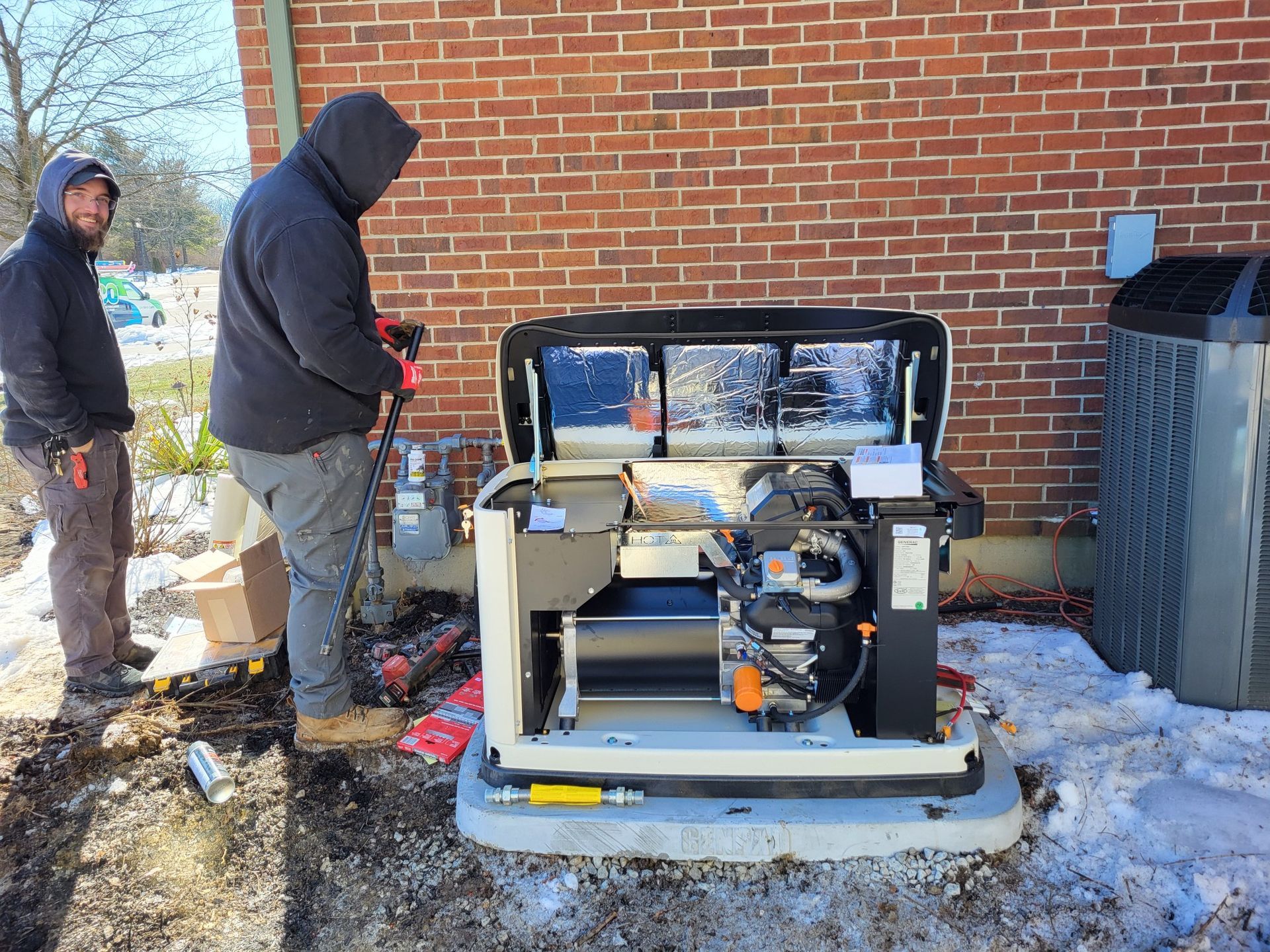Introduction
Electric generators are no longer just a luxury; they are a necessity for homeowners and businesses that want peace of mind during power outages. Proper installation is the key to maximizing efficiency, safety and long-term reliability. Many factors come into play, including choosing the right generator size, understanding fuel options and preparing the installation site. When done correctly, installation ensures seamless backup power during storms or emergencies. Whether you are investing in a whole-house generator or a smaller backup unit, taking the time to plan and install it properly makes a huge difference. This guide covers everything you need to know about electric generator installation in Columbus, OH, for lasting performance.
Top Tips for Electric Generator Installation
1. Choosing the Right Generator Size
The first step to successful installation is selecting the right generator size for your power needs. Undersized generators may overload and fail, while oversized ones can waste fuel and cost more than necessary. A professional load calculation helps determine the wattage required to run essential appliances, HVAC systems and other electronics during an outage. Portable units may suffice for small homes, but larger residences or commercial properties often benefit from standby generators. By understanding your exact power requirements, you ensure consistent performance and prevent future frustrations. The right size means efficiency, safety and peace of mind.
2. Preparing the Installation Site
A safe and efficient generator installation begins with proper site preparation. The unit should be placed on a stable, level surface such as a concrete pad to minimize vibration and wear. Adequate clearance is vital to prevent overheating and allow proper ventilation. For standby units, consider weather-resistant enclosures and ensure the location complies with local codes and distance regulations. Accessibility is also important for routine maintenance and fueling. Preparing the site carefully sets the foundation for reliable, long-term operation and reduces potential hazards. Professional installers often survey the site before installation to guarantee compliance and safety.
3. Understanding Fuel Options
Generators can run on natural gas, propane, diesel or gasoline, each with its own pros and cons. Natural gas provides convenience if you already have a utility connection, while propane offers clean-burning power with long storage life. Diesel generators are known for durability and efficiency, especially in commercial use. Gasoline units are affordable but require careful storage and frequent refueling. Selecting the right fuel source depends on availability, budget and long-term maintenance goals. Consulting with experts helps align fuel choices with your lifestyle or business needs.
4. Electrical Connections and Transfer Switches
One of the most critical parts of installation is connecting the generator to your home or building’s electrical system. A transfer switch ensures safe switching between utility power and generator power without risking backfeed that could endanger utility workers. Professional electricians typically handle this process to guarantee compliance with electrical codes and prevent fire hazards. Transfer switches can be manual or automatic, with automatic options offering seamless transitions during outages. Proper wiring also protects your appliances from surges and voltage irregularities. With the right setup, you enjoy safe, uninterrupted power whenever it’s needed.
5. Importance of Professional Installation
While DIY installation may seem tempting, professional services guarantee long-term reliability and safety. Licensed technicians understand local codes, proper wiring techniques and fuel system requirements. They also test the generator after installation to ensure everything runs smoothly under load. Professional installation reduces risks of carbon monoxide leaks, fire hazards and electrical malfunctions. Additionally, many manufacturers require certified installation to maintain warranty coverage. Investing in expert help gives you confidence that your generator will perform as expected when emergencies strike. It’s a decision that saves time, money and stress in the long run.
A generator installation is not a task to take lightly. From choosing the right unit size to ensuring safe electrical connections, every step plays a role in reliable backup power. Fuel choices, site preparation and adherence to safety codes must all be carefully considered. Professional installation provides the assurance that your generator is ready to perform during unexpected outages. Ultimately, a well-installed generator becomes a dependable partner in protecting your comfort, business operations and peace of mind.
Conclusion
Don’t wait until the next power outage to safeguard your home. Call Eco Plumbers, Electricians and HVAC Technicians today at 855-326-7586. We will prepare you with professional installation and great service, whether you want ongoing maintenance or a full electrical inspection in Columbus, OH. Let’s keep your house always powered and secure.
📌 Trust Eco Service Center for expert plumbing, HVAC, and electrical services — delivering local expertise, top quality, and year-round comfort!











